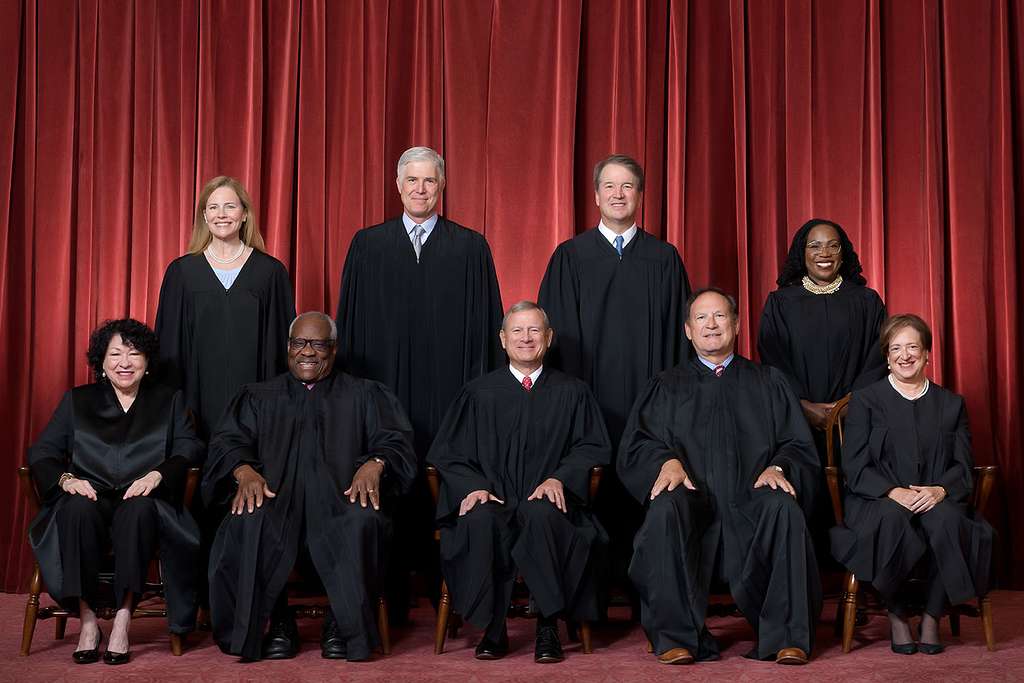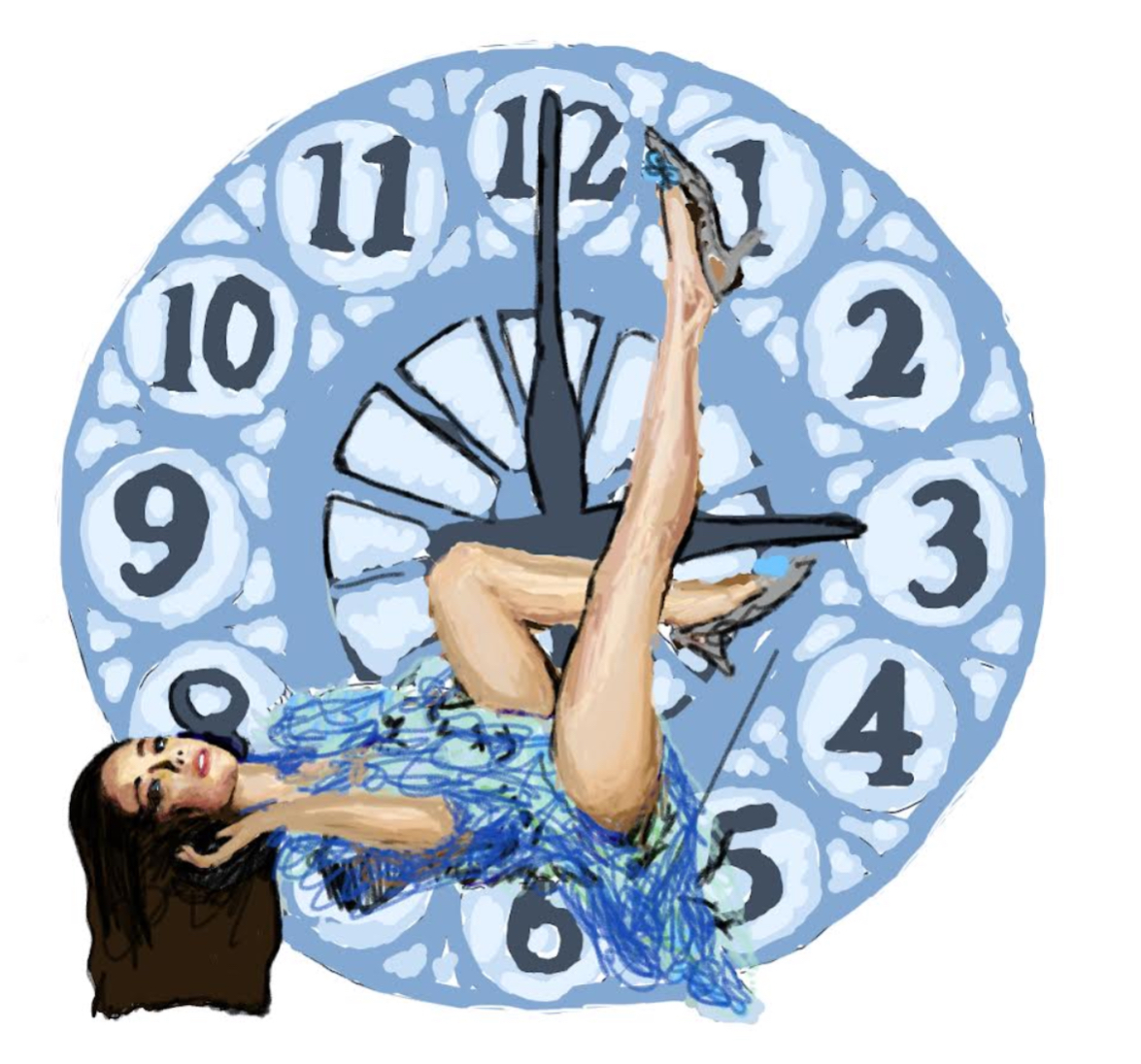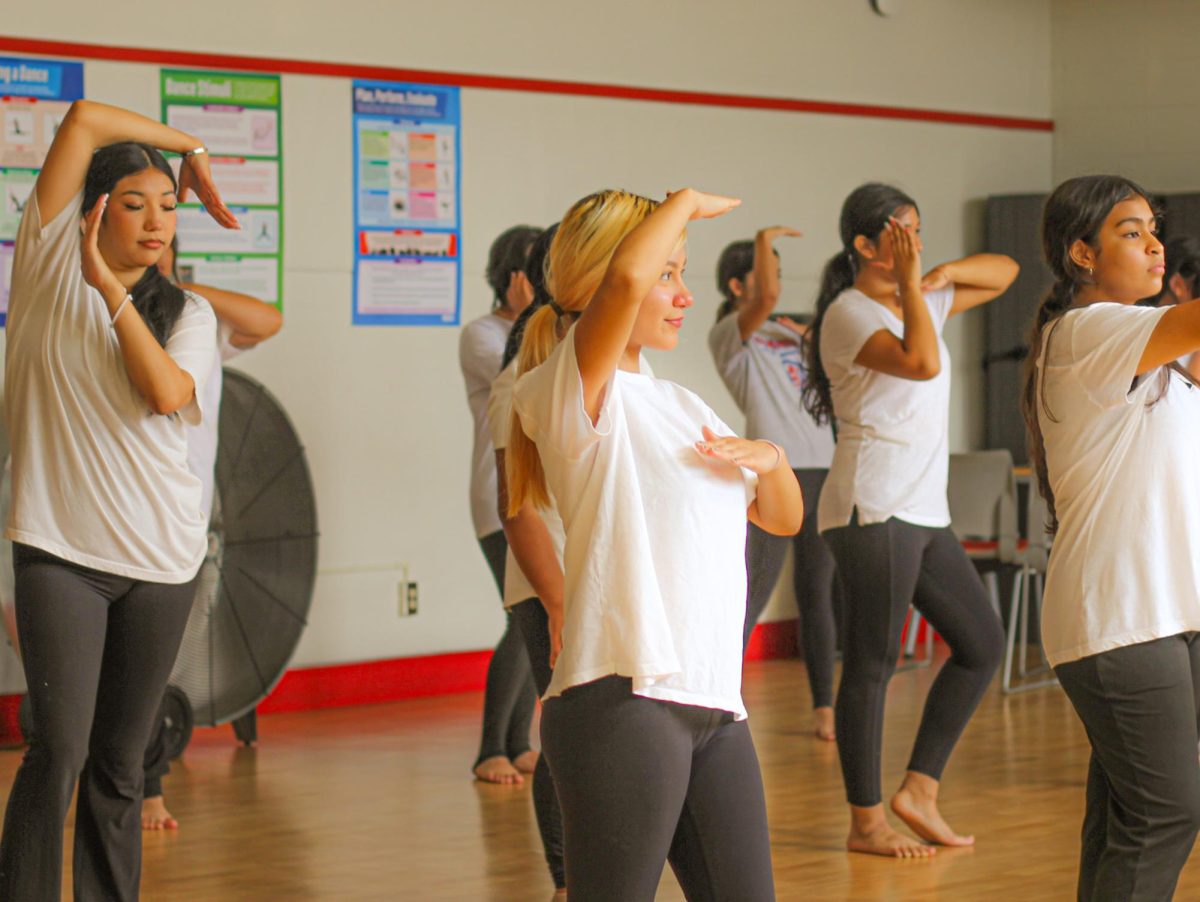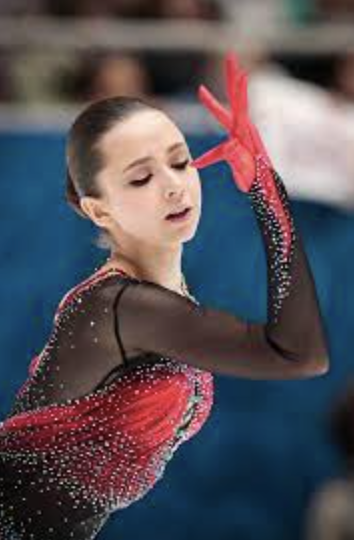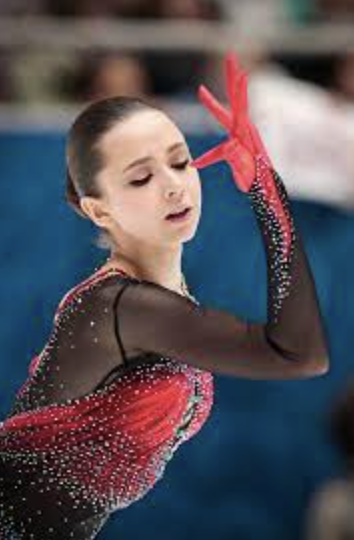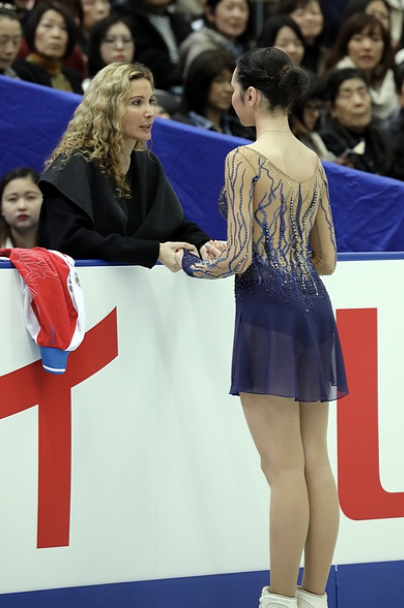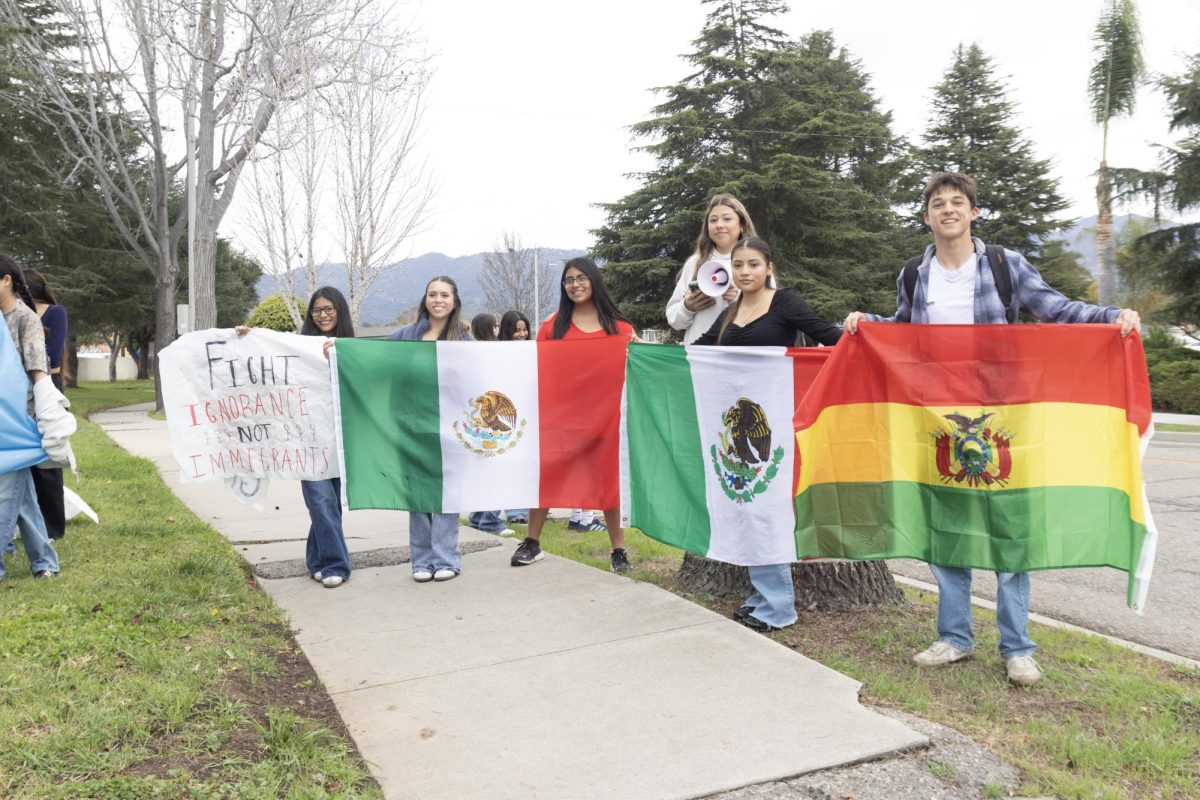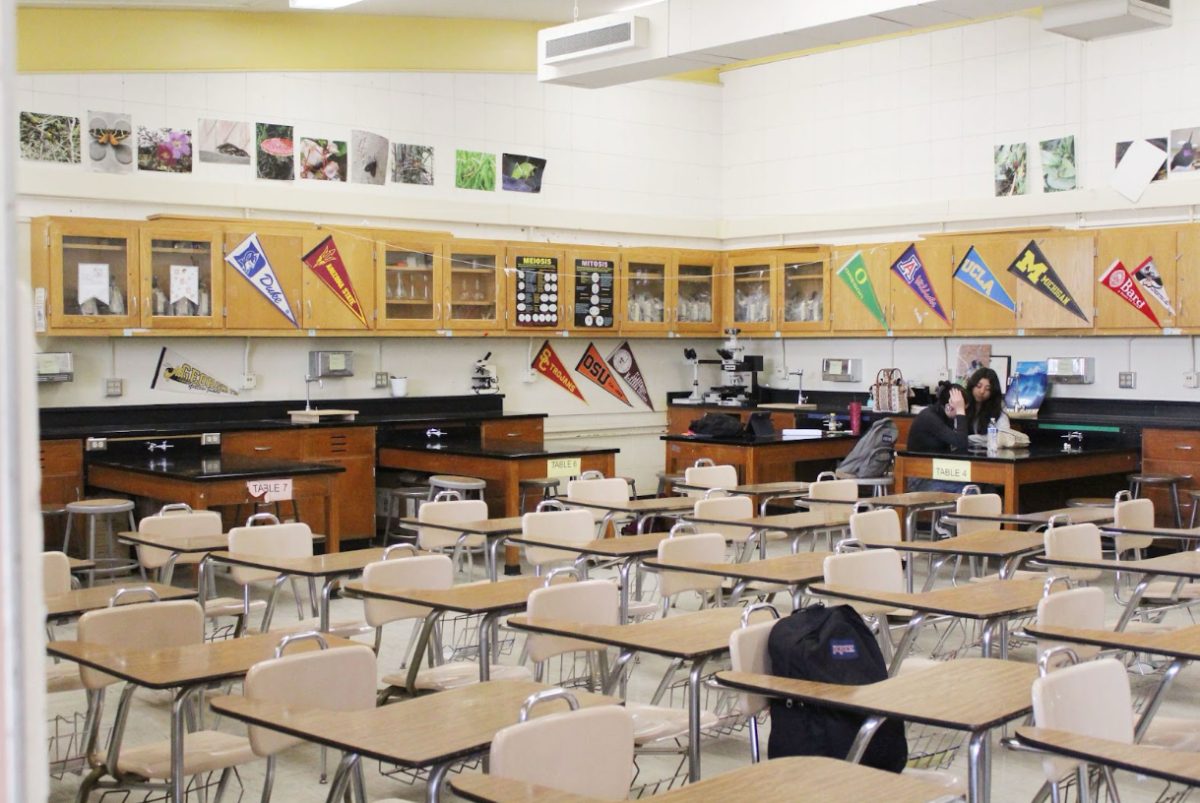Kamila Vaileva is a 15-year-old Russian Olympic Committee women’s figure skater, and the top pick for gold this Olympics. But, testing positive for doping, which is considered highly illegal on many charges to the Olympic committee, she was still able to perform. With this young girl follows much curiosity on who’s responsible for the drugs, if she should be able to compete, and if so does she deserve a medal?
Valieva blamed her positive drug test on a mix-up that occurred with her grandfather’s medication, Denis Oswald, the Chair of the International Olympic Committee (IOC) Disciplinary Commission, told CNN reporters Tuesday.
However, the results only came to light during the Olympics. Last week, the Court of Arbitration for Sport gave Valieva the green light to continue competing in the Games because of the exceptional circumstances of her being a minor, allowing her to go for gold. The fact that Valieva is a child and failed a drug test has put renewed focus on the adults around her and the alleged dark underworld of Russian figure skating.
This isn’t the first time Russia has been caught giving their athletes sport-enhancing drugs too. In the 2014 Winter Olympics after having won a surprising 33 medals more than doubling the nation’s medal count from the 2010 games, an independent commission for the World Anti-Doping Agency accuses Russia of running a state-sponsored doping program. This program was a system that included shadow laboratories, destroyed urine samples, and surveillance of lab workers by Russian intelligence agents. This account has now banned the Russian teams from international athletic competitions and it still stands to this day. That is why it’s called the ROC (Russian Olympic Committee).
Trimetazidine, the drug found in Valieva, is a drug typically prescribed to much older patients suffering from angina (chest pains) and other heart-related conditions. The medication belonged to her grandfather, and she somehow became contaminated, according to the attorney. The argument swayed the three judges at the Court of Arbitration for Sport, who allowed her to continue to compete at the Olympics.
Valieva is a protected minor in this situation and is not held responsible. It was decided just days before the second competition in Beijing that Valieva would compete, and if she was placed in the top three the medal ceremony would be suspended until conflicts had cleared up.
Though as soon as this information was released it was a quite clear response from the media with its frustration. Many felt that she was undeserving of a right to earn a medal nor compete, and others believed it was alright since it wasn’t technically her fault but the adults around her’s.
Sha’Carri Richardson, an American Track and Field Olympic Sprinter was suspenspended last year and also drove an international conversation about the global sports policy barring Olympians from using cannabis. After her positive testing, she was removed and forced to not partake in the Olympic events in general. There’s barely a difference besides her drugs were taken willingly which is why Valieva still gets to compete, and is what brought such the uproar.
Though, once she reached the ice it was not a performance anyone was at all expecting. She finished in fourth overall, after placing first in the short program. Meaning which a medal ceremony would actually take about for the Women’s Skating. Two other Russian Olympic Committee Athletes in first Anna Scherbakova and second place, Aleksandra Trusova who are both 17 years old, and coached as well by Eteri Tutberidze (the same coach suspected/responsible to give Valieva the drugs) were seen afterward displaced and some distraught by the results.
“It was a horrid site watching those girls get off the rink,” said sophomore Cindy Villa. “It hurt watching no one even congratulate Scherbakova even after she won the Olympic gold, and the other’s sob for not placing first.”
In response to all of this, investigations over Valieva, and the ROC are still taking place. Questions keep arising, and some are still to be answered but the world is glad we were able to acknowledge the best in figure skating without postponing the ceremonies.


